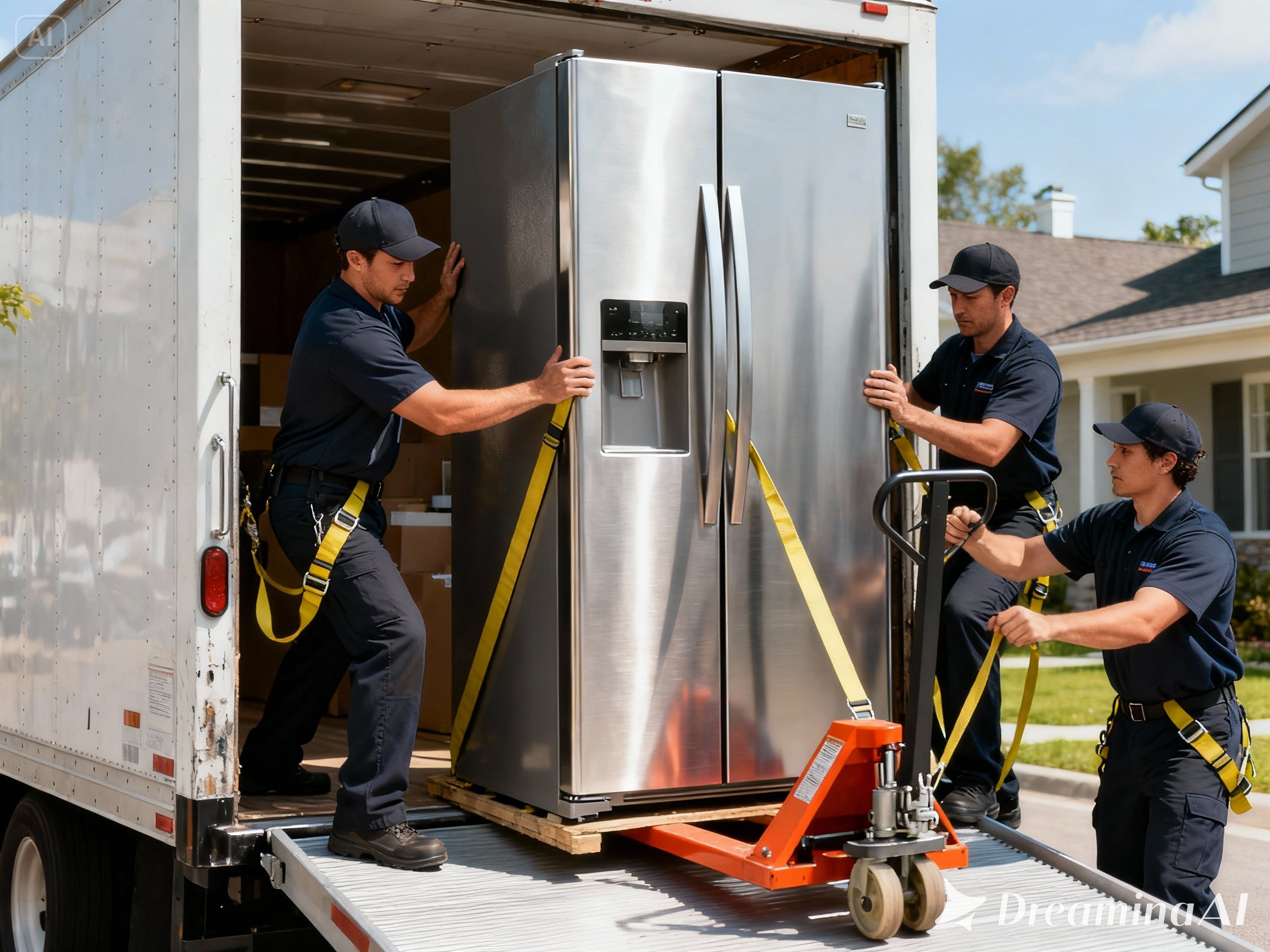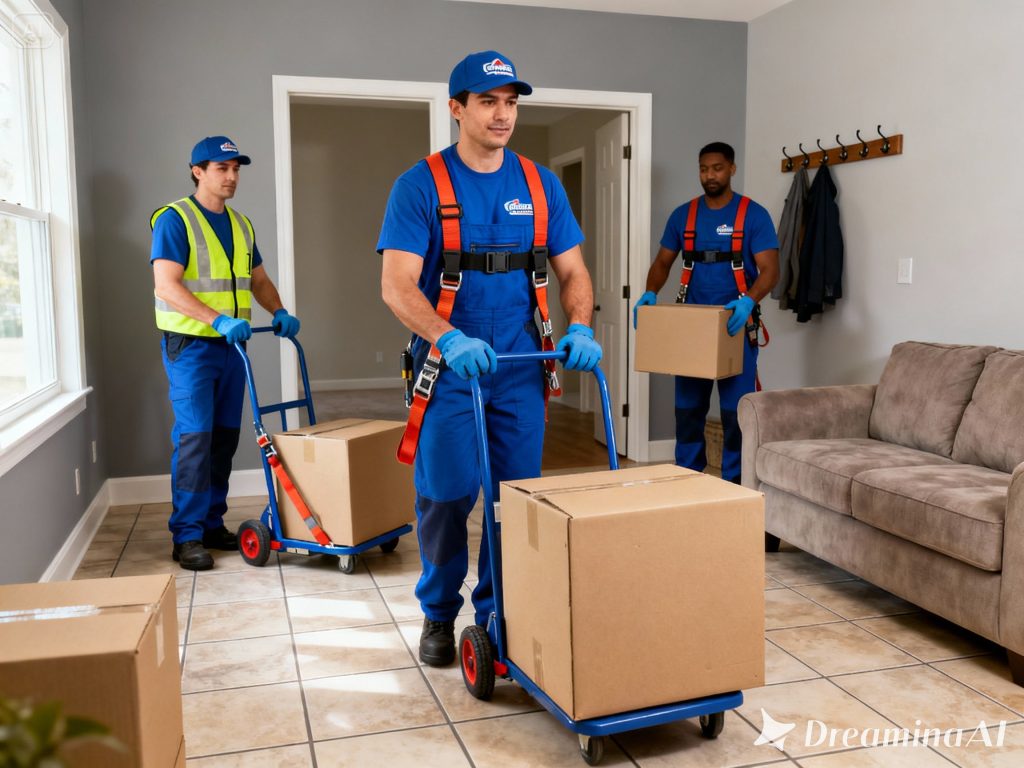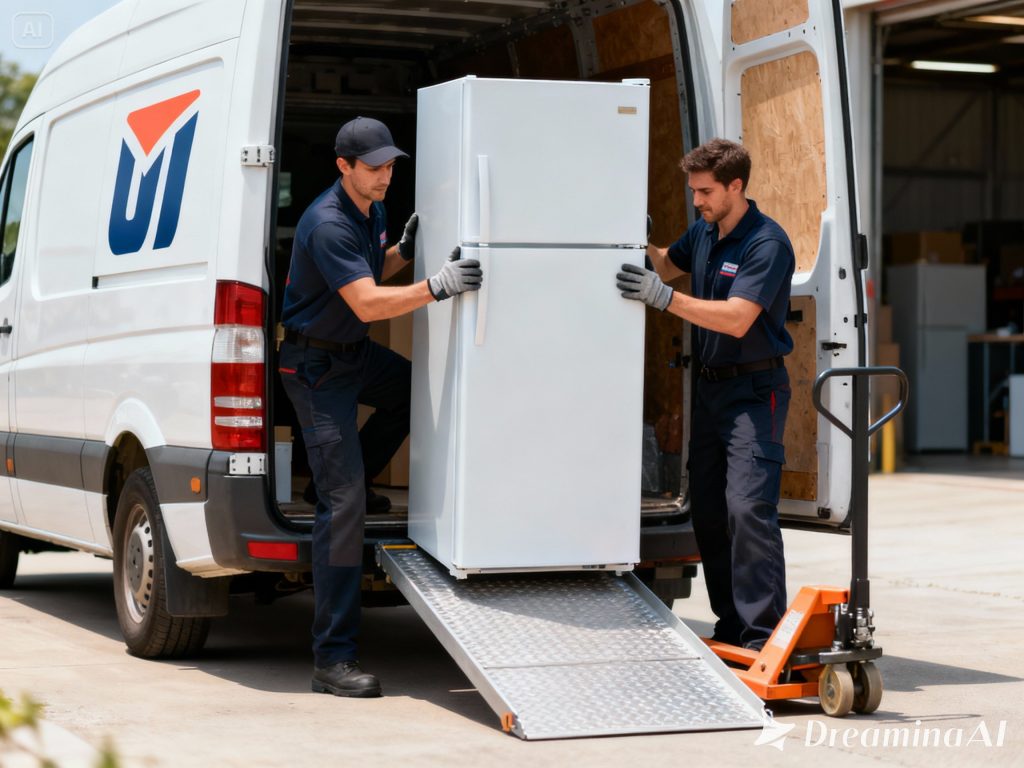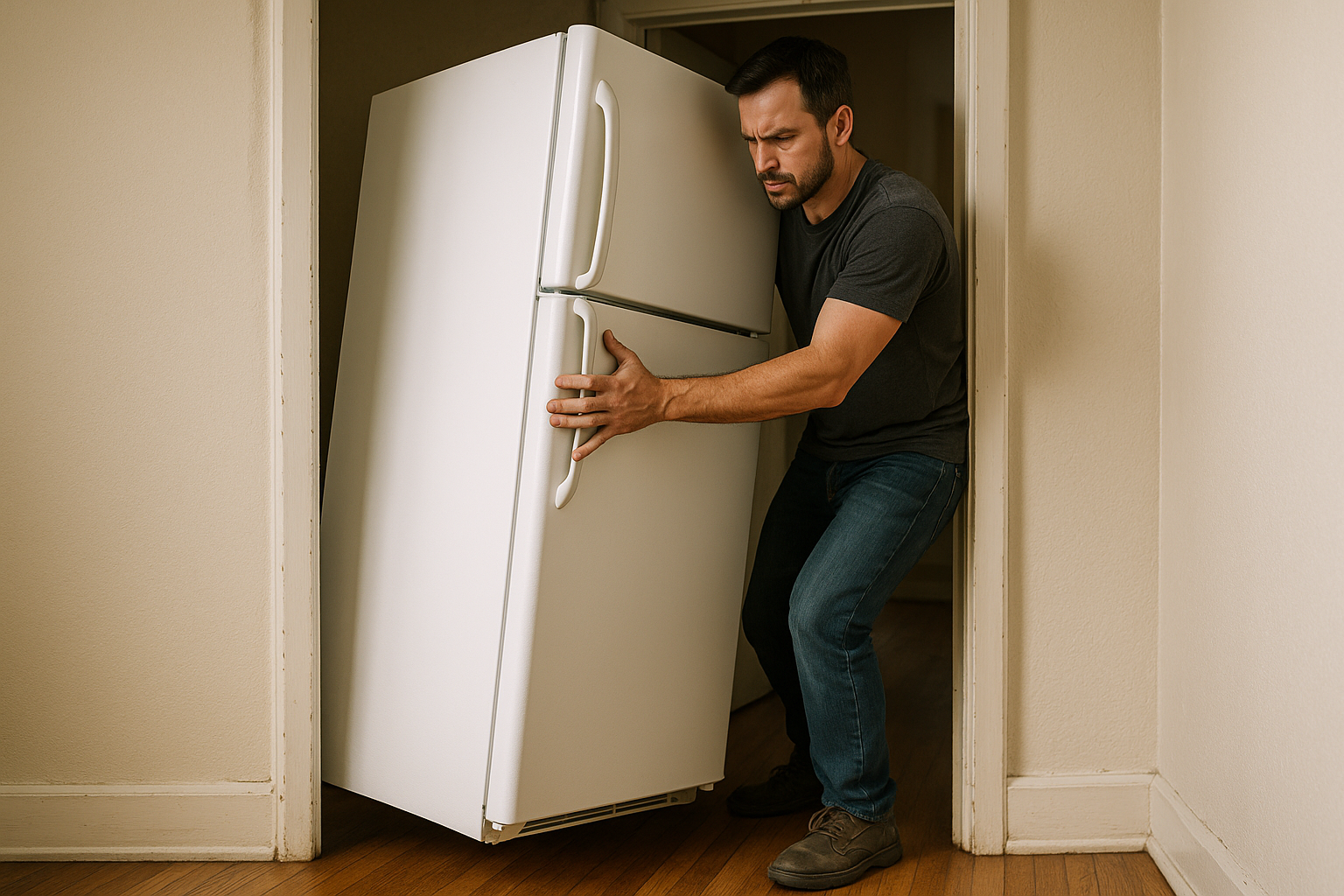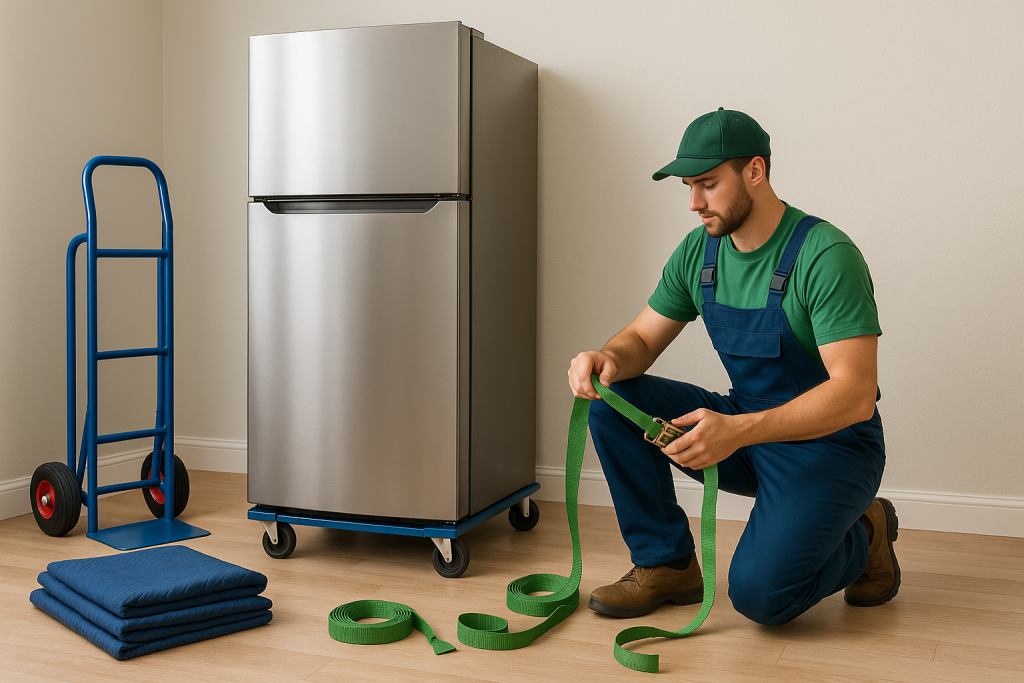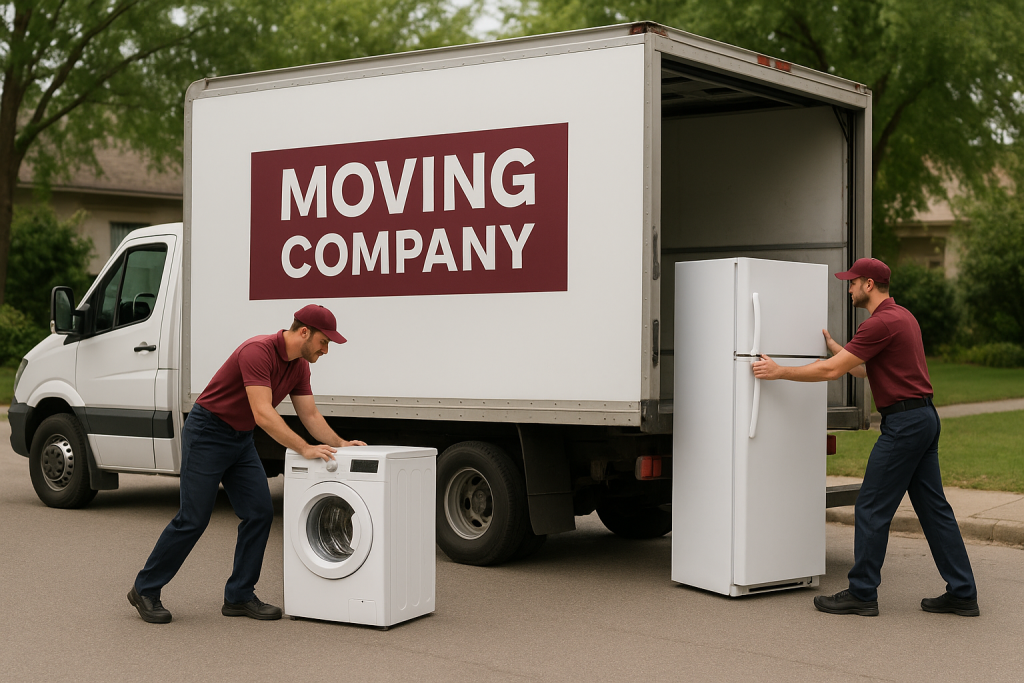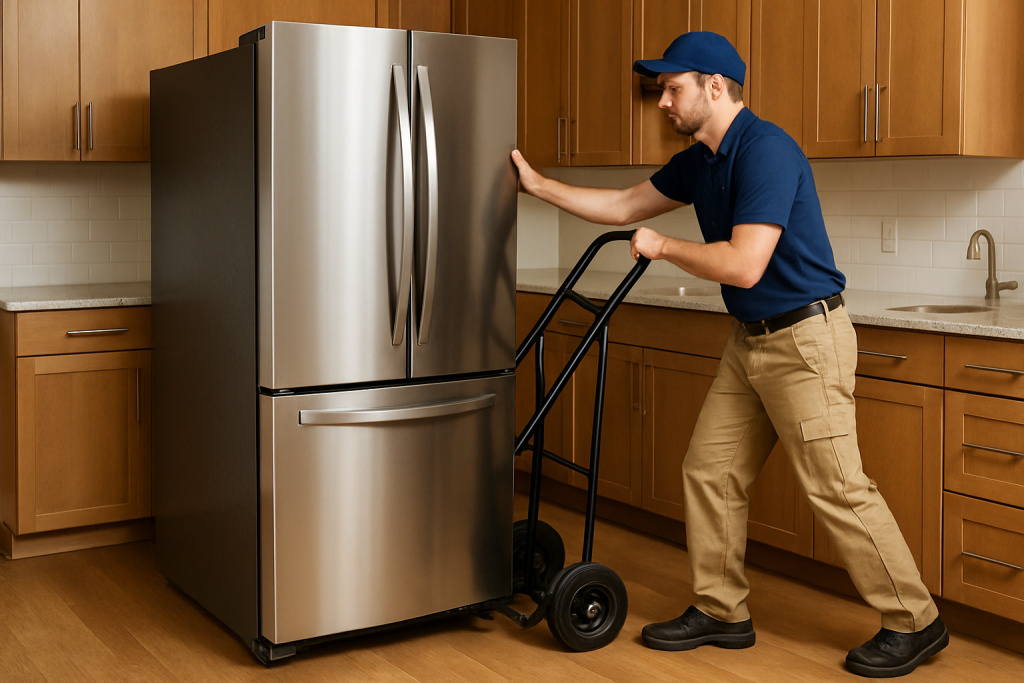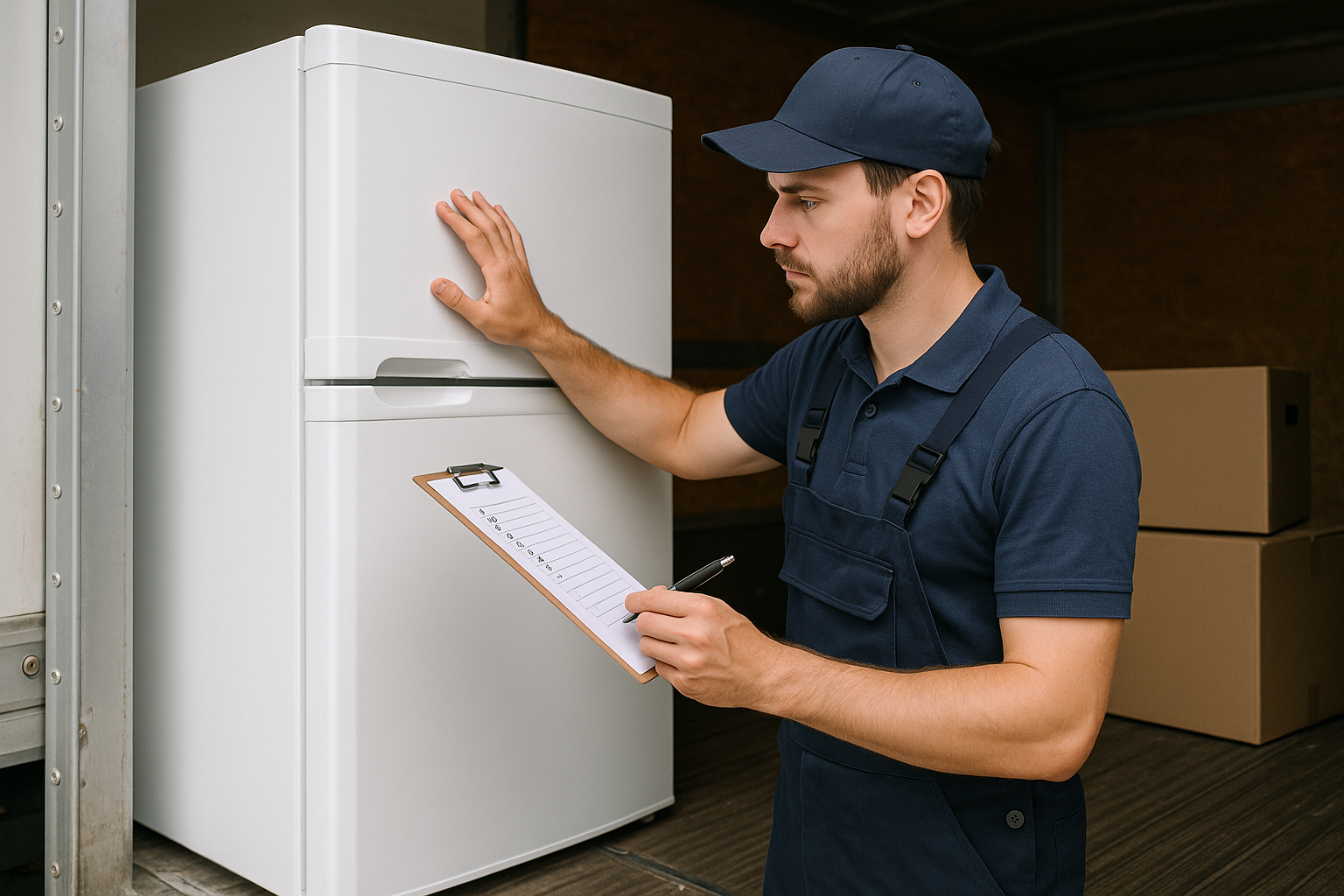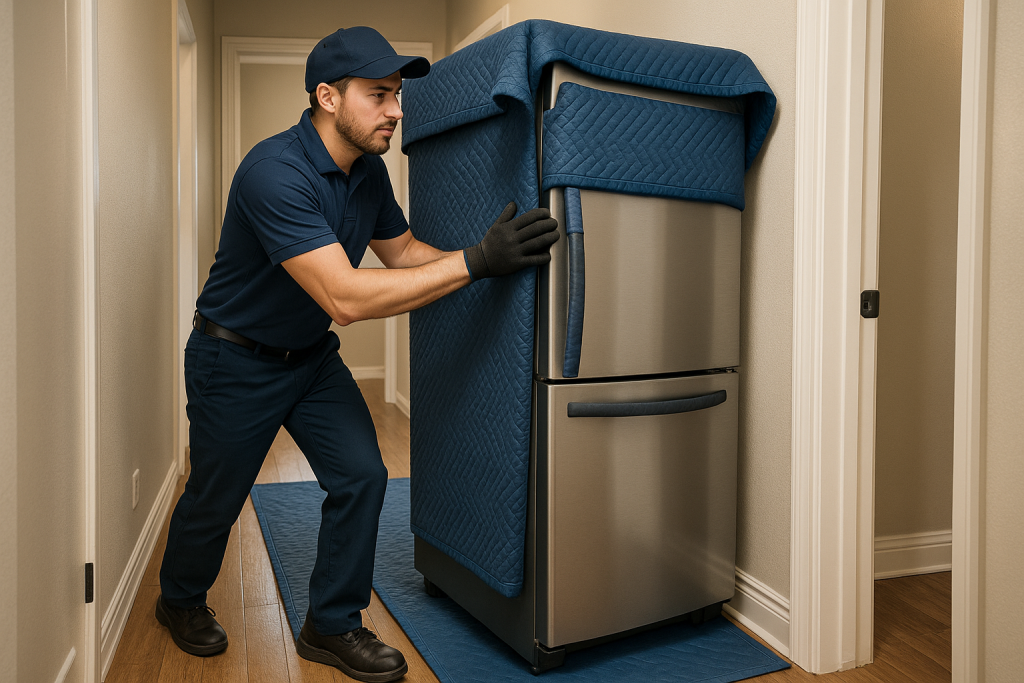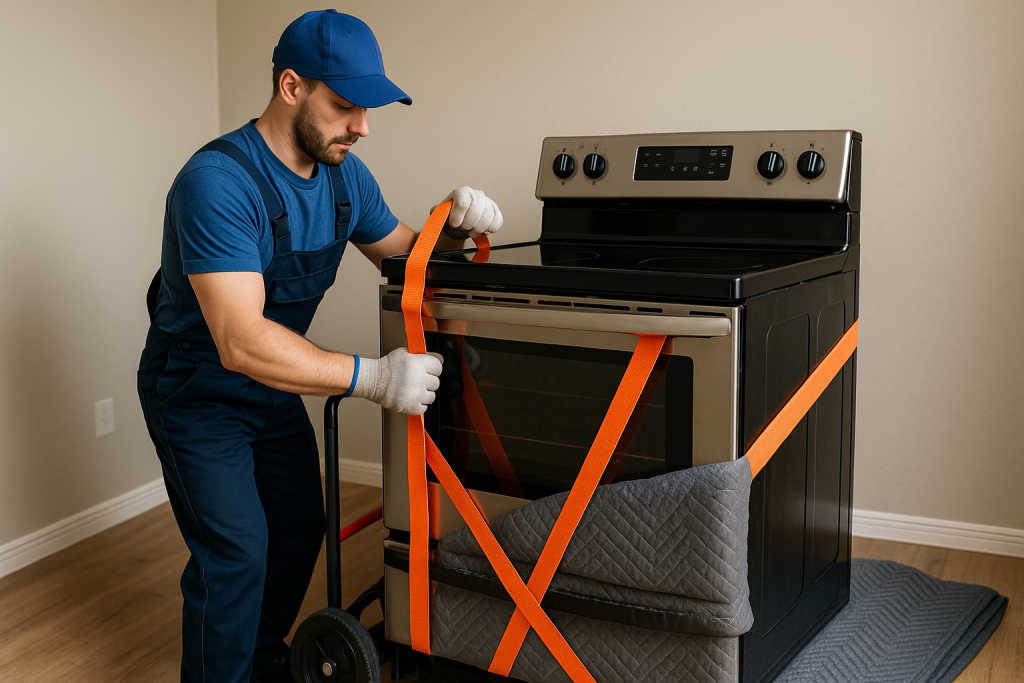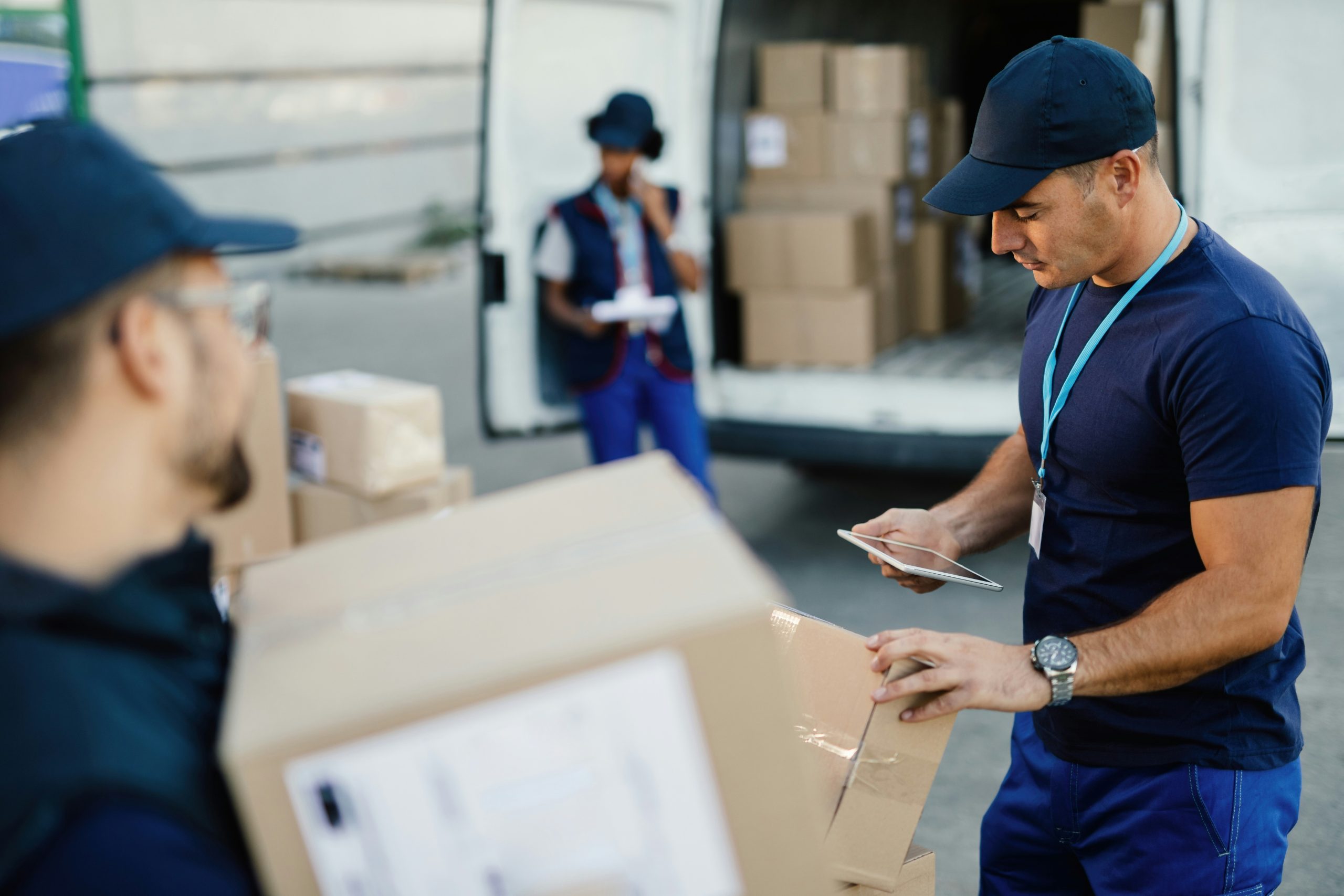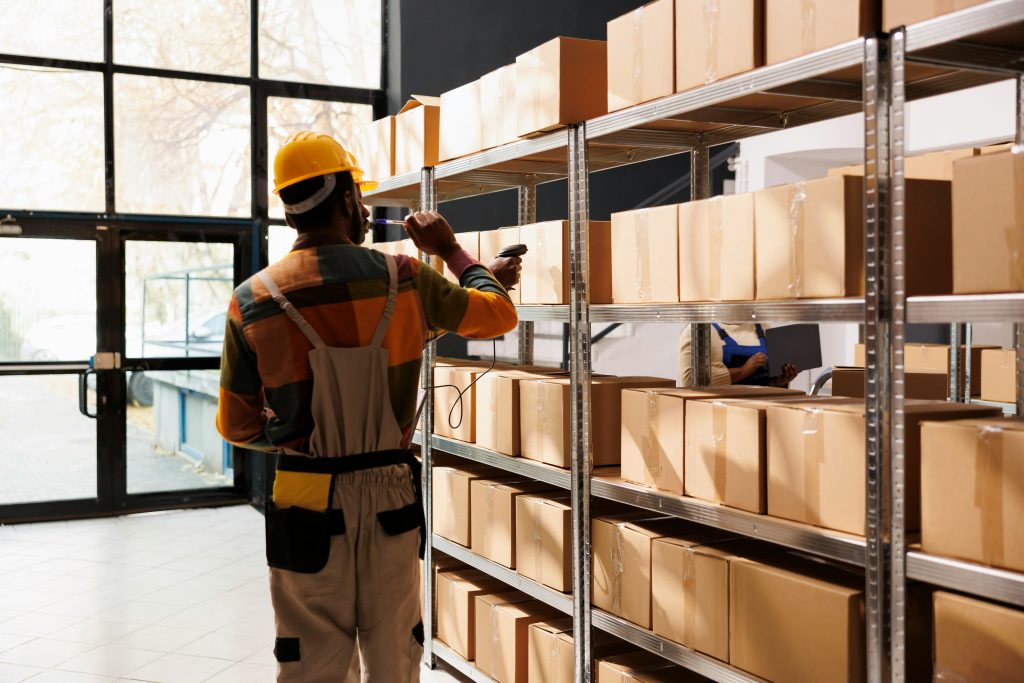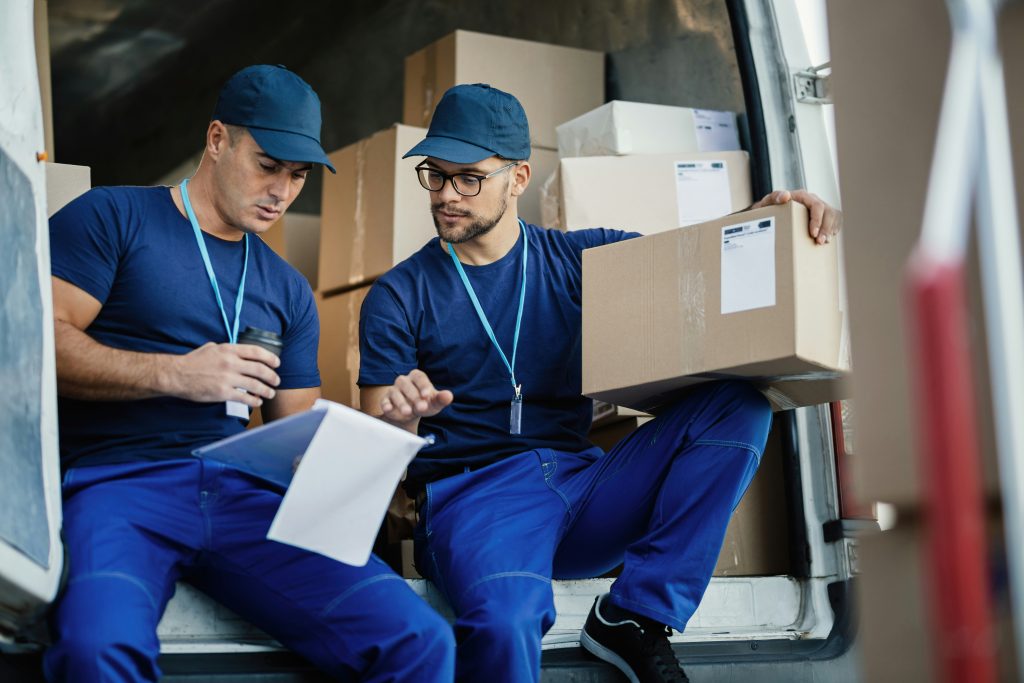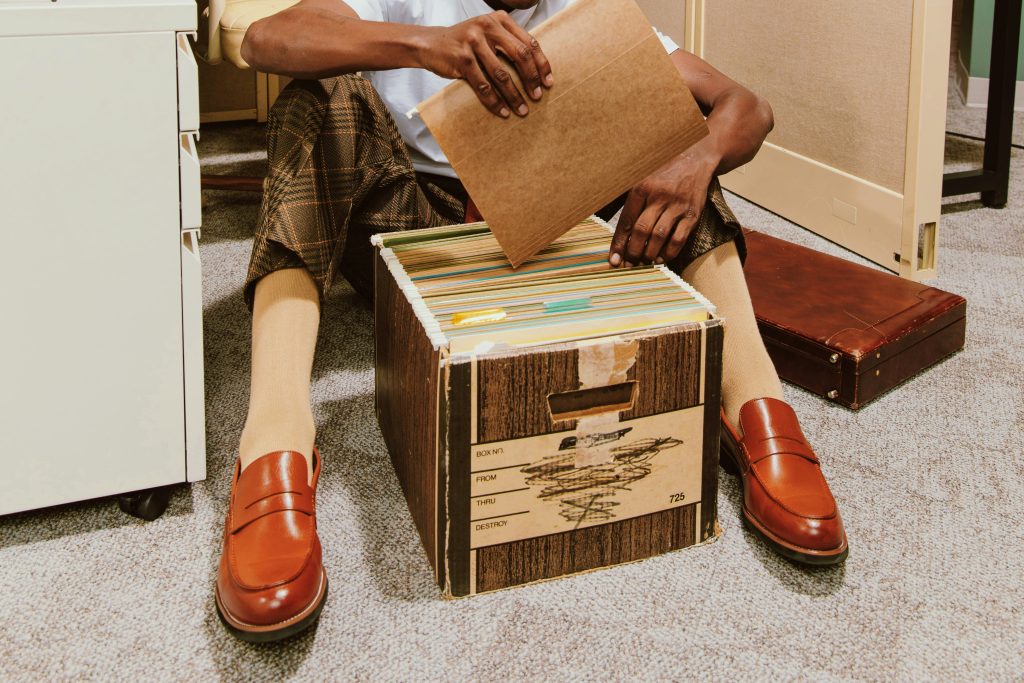Thinking about moving from Michigan to Texas? You’re not alone. Every year, thousands of people make this exciting transition — leaving behind the cold and stepping into warm, sunny weather and new possibilities.
Texas is renowned for its affordable cost of living, robust job growth, and welcoming culture. With the right moving company and a solid plan, your relocation can be smooth, stress-free, and rewarding.
Why Texans Welcome So Many New Residents
There are countless reasons people choose the Lone Star State as their new home. Here are the most popular ones:
- No state income tax means more money in your pocket.
- Expanding industries like energy, healthcare, and technology.
- Affordable housing across major cities.
- A warm climate is perfect for outdoor living.
- Diverse communities and strong family values.
Leaving Michigan’s long winters behind for Texas sunshine is more than a move — it’s a lifestyle upgrade.
Creating a Moving Plan That Works

A long-distance move needs careful planning. Follow this simple structure to make your move from Michigan to Texas easier:
- Start early: Plan at least two months.
- Sort and declutter: Donate, sell, or recycle items you no longer need.
- Hire professional movers: Compare licensed moving companies.
- Set your moving budget.
- Label and organize boxes.
- Prepare essential documents, such as lease agreements and identification.
Having a clear checklist reduces last-minute stress and keeps everything on track.
Why You Should Hire Professional Movers
When moving across state lines, professional movers are your best investment. They bring experience, efficiency, and peace of mind to the entire process.
Here’s what to expect from a quality moving service:
- Careful packing and loading.
- GPS tracking and delivery updates.
- Insurance options for your valuables.
- Reliable customer support.
Instead of worrying about logistics, you can focus on settling into your new Texas home.
How Much Does It Cost to Move from Michigan to Texas?
On average, moving from Michigan to Texas costs between $3,000 and $7,000, depending on the distance, home size, and services needed.
Key factors that affect the cost:
- Home size and number of belongings.
- Packing materials and labor.
- Distance and fuel costs.
- Seasonal demand for movers.
- Optional storage or unpacking services.
Always get at least three estimates from reputable moving companies to find the best deal.
Texas Cities Worth Considering
Each Texas city has its own charm and advantages. Before choosing your new home, explore your options:
- Houston is an ideal destination for families, offering affordable living options that make it a great place to raise children.
- Austin: A tech hub with creativity and live music.
- Dallas-Fort Worth: Perfect for career growth and city life.
- San Antonio: Affordable, historic, and welcoming.
- Plano and Frisco: Ideal for families and professionals alike.
Visit or research neighborhoods to find the one that matches your lifestyle and budget.
Packing Like a Pro
Packing doesn’t have to be overwhelming. Try these strategies for a more efficient move:
- Begin with the rooms you use least.
- Pack heavy items in small boxes.
- Use clothes to wrap fragile items.
- Color-code or number your boxes.
- Keep essentials in a separate travel bag.
Organized packing saves time and makes unpacking at your new Texas home a breeze.
Settling into Texas Life
Adjusting to a new environment takes time, but Texas offers a welcoming atmosphere. After moving from Michigan to Texas, you’ll quickly notice:
- A warmer, sunnier climate.
- Lower living expenses.
- Outdoor festivals, BBQs, and live events.
- Friendly locals who make you feel at home.
From big cities to small towns, Texas provides both opportunity and community.
Moving Mistakes to Avoid
Even well-planned moves can hit a few bumps. Avoid these common pitfalls:
- Not confirming moving dates early.
- Skipping mover research.
- Forgetting to update your address.
- Packing essentials in the moving truck.
- Ignoring insurance coverage.
A little attention to detail can save you money and headaches in the long run.
Eco-Friendly Moving Tips
You can protect the planet while relocating! Here’s how to keep your move sustainable:
- Reuse or rent moving boxes.
- Recycle packing paper.
- Donate unwanted items.
- Choose movers that use eco-efficient vehicles.
Small eco-friendly steps go a long way toward a cleaner move and a healthier planet.
FAQs About Moving from Michigan to Texas
1. How long does the move take?
Most long-distance moves take about 3–6 days, depending on your mover and route.
2. Can I drive instead of hiring movers?
Yes, but professional movers make the process safer and more efficient.
3. When’s the cheapest time to move?
Off-peak seasons, such as late fall or winter, offer lower prices.
4. Should I tip my movers?
Yes, 10–15% of the total cost is standard for excellent service.
5. What’s the most significant benefit of moving to Texas?
Lower taxes, more job opportunities, and year-round warm weather.
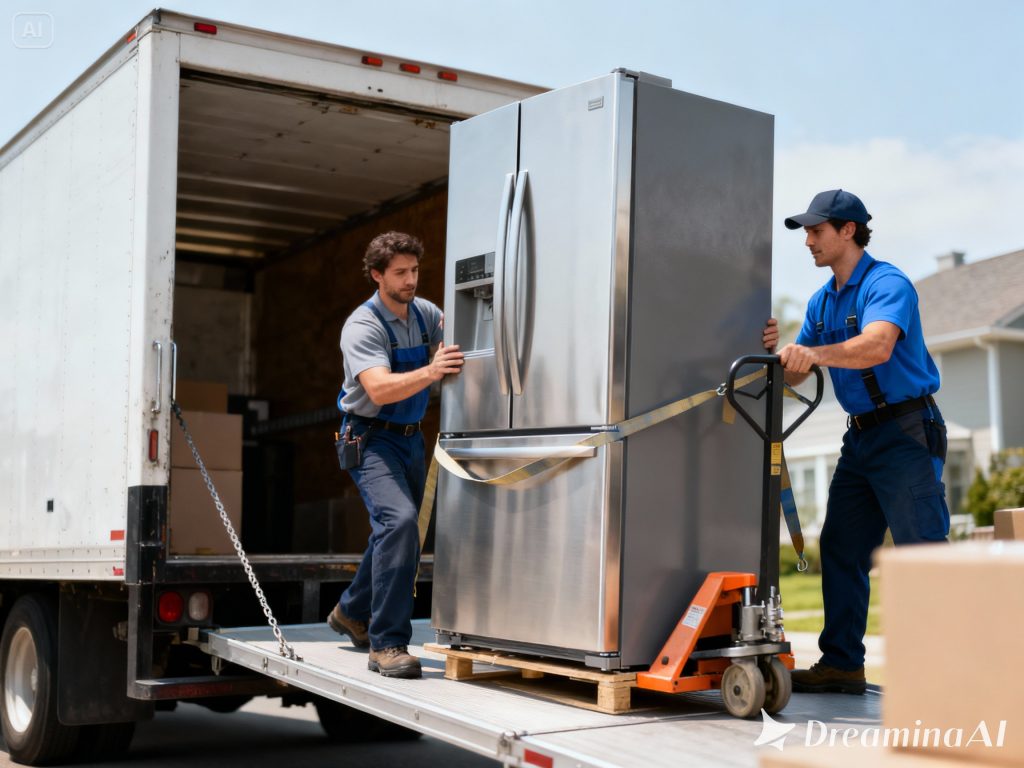
Moving from Michigan to Texas marks a new beginning full of promise. With the right moving company, planning, and mindset, you can relocate without stress and start fresh in a state renowned for its opportunities and Southern charm.
Whether you’re drawn by better weather, affordable living, or new adventures, the Lone Star State is ready to welcome you home — everything really is bigger (and brighter) in Texas.
Trust the experts at Buzzmoving. We handle the hard work so your move stays simple, smooth, and stress-free. Request your free quote today!

